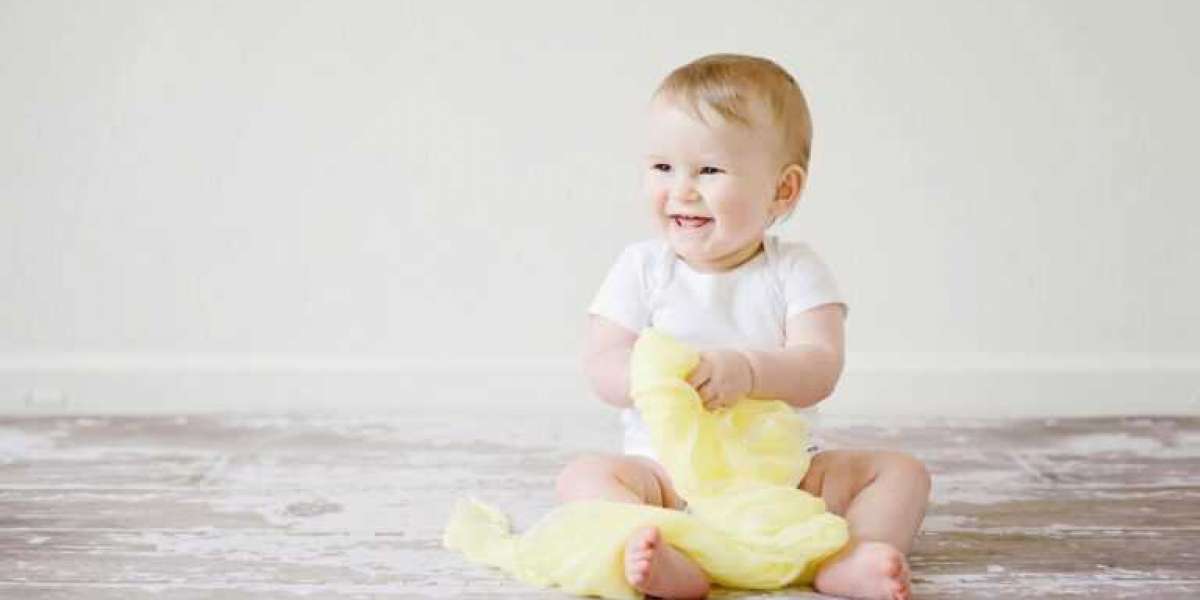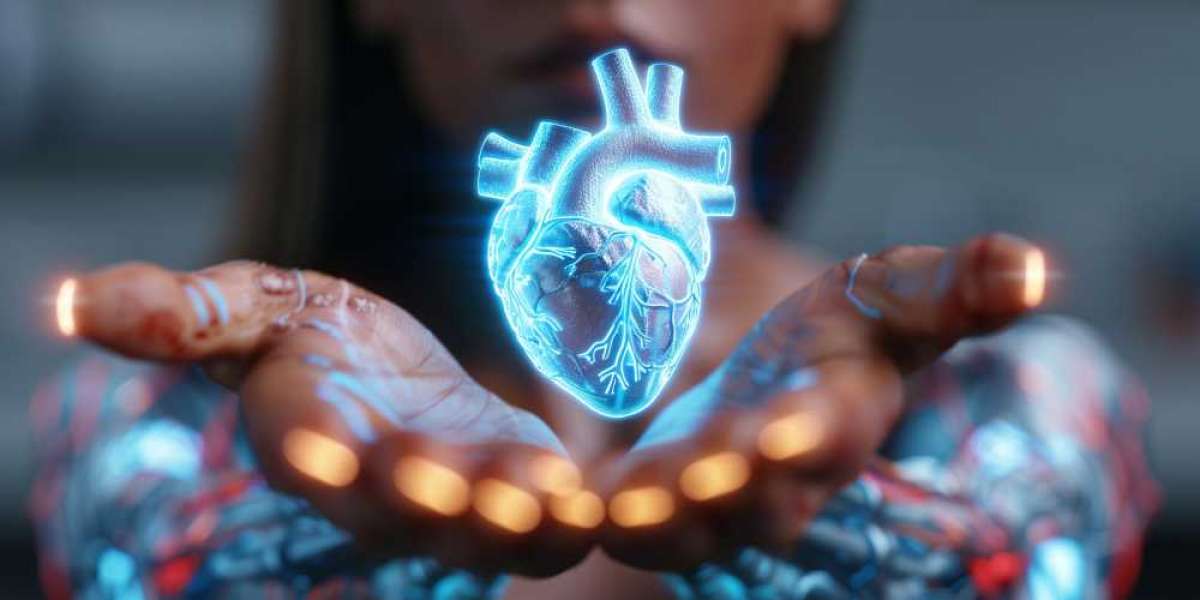The National Disability Insurance Scheme (NDIS) has brought transformative changes to the healthcare landscape in Australia, offering more tailored, flexible, and accessible support for individuals with disabilities. For children with developmental disabilities, the benefits of the NDIS are immense, especially when it comes to therapies such as physiotherapy. In Margaret River, a beautiful yet rural town in Western Australia, NDIS kids physiotherapy plays a crucial role in helping children with a variety of conditions overcome physical challenges and achieve their full potential.
Physiotherapy services are central to supporting children with disabilities like cerebral palsy, developmental coordination disorder, or conditions resulting from brain injuries. For families in Margaret River, access to physiotherapy can be a significant challenge due to the town’s remote location. The NDIS has helped to bridge this gap by funding physiotherapy sessions that improve mobility, strength, and overall quality of life for children in the region. In this article, we will explore how NDIS-funded physiotherapy supports children with developmental disabilities in Margaret River and the profound impact it has on their health, development, and family life.
What is NDIS Kids Physiotherapy?
NDIS Kids Physiotherapy refers to physiotherapy services specifically designed for children with disabilities or developmental delays. The NDIS provides funding for these services to ensure that children receive the therapy they need to improve their physical functioning and quality of life. Paediatric physiotherapy focuses on addressing the physical needs of children, taking into account their age, developmental stage, and individual abilities.
For children with disabilities such as cerebral palsy, autism spectrum disorder (ASD), or Down syndrome, physiotherapy plays a key role in improving motor skills, balance, strength, and coordination. These services help children with a range of challenges, from muscle weakness and difficulty walking to poor posture and balance problems. In rural communities like Margaret River, the NDIS makes physiotherapy services more accessible by funding home visits or sessions within the community, reducing the need for families to travel long distances for care.
How NDIS Funding Supports Paediatric Physiotherapy in Margaret River
One of the primary reasons NDIS Kids Physiotherapy is so beneficial to families in Margaret River is the funding it provides. The NDIS allocates financial resources to support children who have a disability, and this funding can be used for a variety of therapeutic services, including physiotherapy. This financial support helps alleviate the costs associated with regular physiotherapy sessions, making them more affordable for families who might otherwise struggle with out-of-pocket expenses.
The NDIS funding for physiotherapy typically falls under the category of “Improved Daily Living,” which encompasses interventions designed to improve the child’s mobility, independence, and participation in everyday activities. This may include support for:
Individual physiotherapy sessions: This can involve tailored one-on-one sessions with a qualified physiotherapist who assesses and treats the child’s physical challenges. These sessions focus on improving mobility, coordination, balance, strength, and posture.
Home visits: For families in Margaret River who live in more isolated areas, home visits provide an invaluable service, eliminating the need for travel. Physiotherapists assess the child’s home environment, making it easier to design a treatment plan that fits with the child’s daily routine.
Therapeutic equipment: Some children may require specialized equipment, such as orthotics, mobility aids, or assistive devices to aid their physical development. NDIS funding can cover the costs of these tools, ensuring the child has access to the resources they need.
Goal-based interventions: Each child’s NDIS plan is tailored to their specific goals, which can range from improving motor function and movement to achieving developmental milestones, such as walking or running.
In Margaret River, where access to specialists may be more limited compared to larger cities, NDIS funding offers families the opportunity to receive consistent, high-quality physiotherapy services without the burden of high costs or extensive travel.
Benefits of NDIS Kids Physiotherapy in Margaret River
Access to Specialized Physiotherapy Services
One of the most significant benefits of NDIS Kids Physiotherapy in Margaret River is the access it provides to specialized services. Physiotherapists who work with children with developmental disabilities have extensive training and experience in working with young people. They understand the nuances of child development, and they know how to adapt therapy to meet the unique needs of each child.
For children with conditions like cerebral palsy or ASD, it’s essential to work with professionals who are skilled in paediatric physiotherapy, as children with disabilities often have complex physical needs. The NDIS ensures that these services are available to children in rural and regional communities like Margaret River, making it possible for children to receive the support they need to thrive physically and developmentally.
Improved Physical Functioning and Independence
The goal of physiotherapy for children with developmental disabilities is to enhance physical functioning and increase independence. Physiotherapists use a variety of techniques to improve mobility, strength, and coordination, depending on the child’s specific condition. These interventions help children improve their ability to engage in activities like walking, running, climbing stairs, or playing sports.
In the case of children with conditions like cerebral palsy, physiotherapy is crucial for preventing or managing complications such as muscle contractures, joint stiffness, or poor posture. By improving physical functioning, physiotherapy allows children to be more active and independent, which positively impacts their self-esteem and quality of life.
Tailored Therapy for Each Child
NDIS Kids Physiotherapy is highly individualized. When a child receives physiotherapy under the NDIS, the physiotherapist develops a personalized treatment plan that is tailored to the child’s specific needs, goals, and abilities. This personalized approach ensures that therapy is focused on what is most important for the child’s development and progress.
For example, a child with developmental coordination disorder may need therapy that focuses on balance and motor coordination, while a child with autism may require therapy that supports sensory processing and functional movement. Physiotherapists work closely with families to identify goals and design therapy programs that fit with the child’s lifestyle, making therapy more effective and meaningful.
Support for Families and Caregivers
Physiotherapists do not only work with the child; they also provide support and education to families and caregivers. This is especially important for families in regional areas like Margaret River, where there may be fewer support services available. Physiotherapists can educate parents on how to help their child at home, offering guidance on exercises, activities, and techniques to support the child’s development.
For families who may be unfamiliar with physiotherapy techniques, this support is invaluable. It enables parents to take an active role in their child’s therapy and provides them with the knowledge they need to reinforce therapeutic exercises between sessions. The collaboration between physiotherapists and families helps maximize the child’s progress and empowers families to support their child’s development in their everyday life.
Building Confidence and Emotional Well-being
When children are able to make progress in their physical abilities, it has a significant positive impact on their emotional and social well-being. Being able to walk, run, and participate in activities with peers helps children feel more confident and accepted, reducing feelings of isolation or frustration that may stem from physical limitations.
NDIS Kids Physiotherapy helps children set and achieve goals that enhance their participation in school, social activities, and play. Achieving physical milestones and gaining independence fosters a sense of accomplishment and pride in children, which in turn boosts their emotional well-being.
Reducing Barriers to Healthcare
Families living in rural areas, such as Margaret River, often face the challenge of accessing specialized healthcare. Traveling long distances to see a physiotherapist can be both time-consuming and costly, particularly for families with multiple children or for those who have children with complex needs. NDIS Kids Physiotherapy helps reduce these barriers by providing access to mobile physiotherapy services or funding for travel to appointments.
In some cases, physiotherapists may be able to come to the home or community center, saving families the hassle of traveling long distances. This service is particularly beneficial for families with young children or those who are dealing with other logistical or financial challenges. It ensures that children in rural communities have access to the same high-quality care as those living in urban areas.
Challenges of NDIS Kids Physiotherapy in Margaret River
While NDIS Kids Physiotherapy in Margaret River offers numerous benefits, there are some challenges to consider:
Limited Availability of Services Although the NDIS makes funding available for physiotherapy services, there may still be limited access to highly specialized paediatric physiotherapists in Margaret River. Families may have to wait for an available therapist or travel to nearby cities for appointments if local options are insufficient.
Travel and Costs For families in more remote areas outside of Margaret River, travel to physiotherapy appointments can still be a significant barrier. Although NDIS funding can help with travel expenses, the time commitment and logistical challenges can be tiring, particularly for families with multiple children or those who have other caregiving responsibilities.
Understanding the NDIS System The NDIS system can be complex, and some families may find it challenging to navigate. Understanding how to apply for funding, manage a plan, and access the right services can be overwhelming, especially for families who are new to the system. It may require assistance from NDIS planners or support coordinators to ensure that families get the most out of their funding.
Conclusion
NDIS Kids Physiotherapy in Margaret River plays an essential role in supporting children with developmental disabilities and helping them achieve their physical potential. By providing personalized, family-centered care and improving access to specialized physiotherapy services, the NDIS helps children build strength, mobility, and independence. While challenges like limited availability of services and the complexity of the NDIS system exist, the overall impact of NDIS physiotherapy is profound. It enables children to live healthier, more fulfilling lives and empowers families to be active participants in their child’s development. Through the NDIS, families in Margaret River have access to the support they need to ensure their children receive the best care possible.







